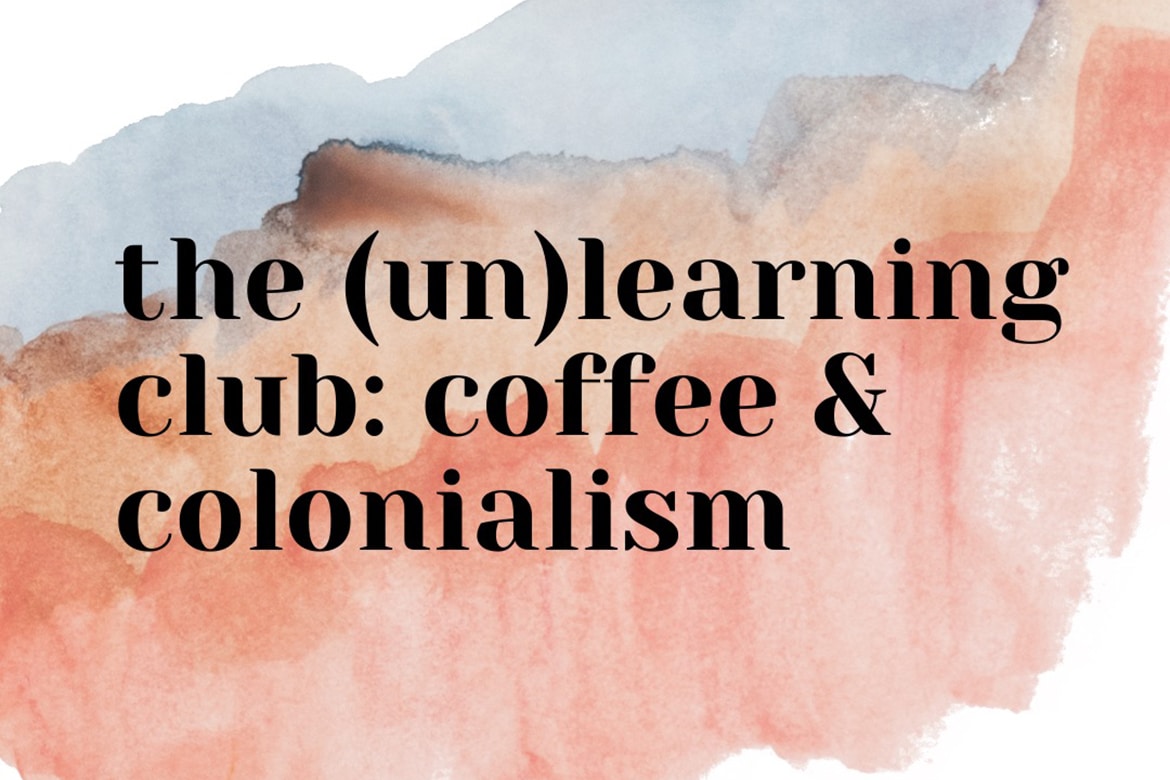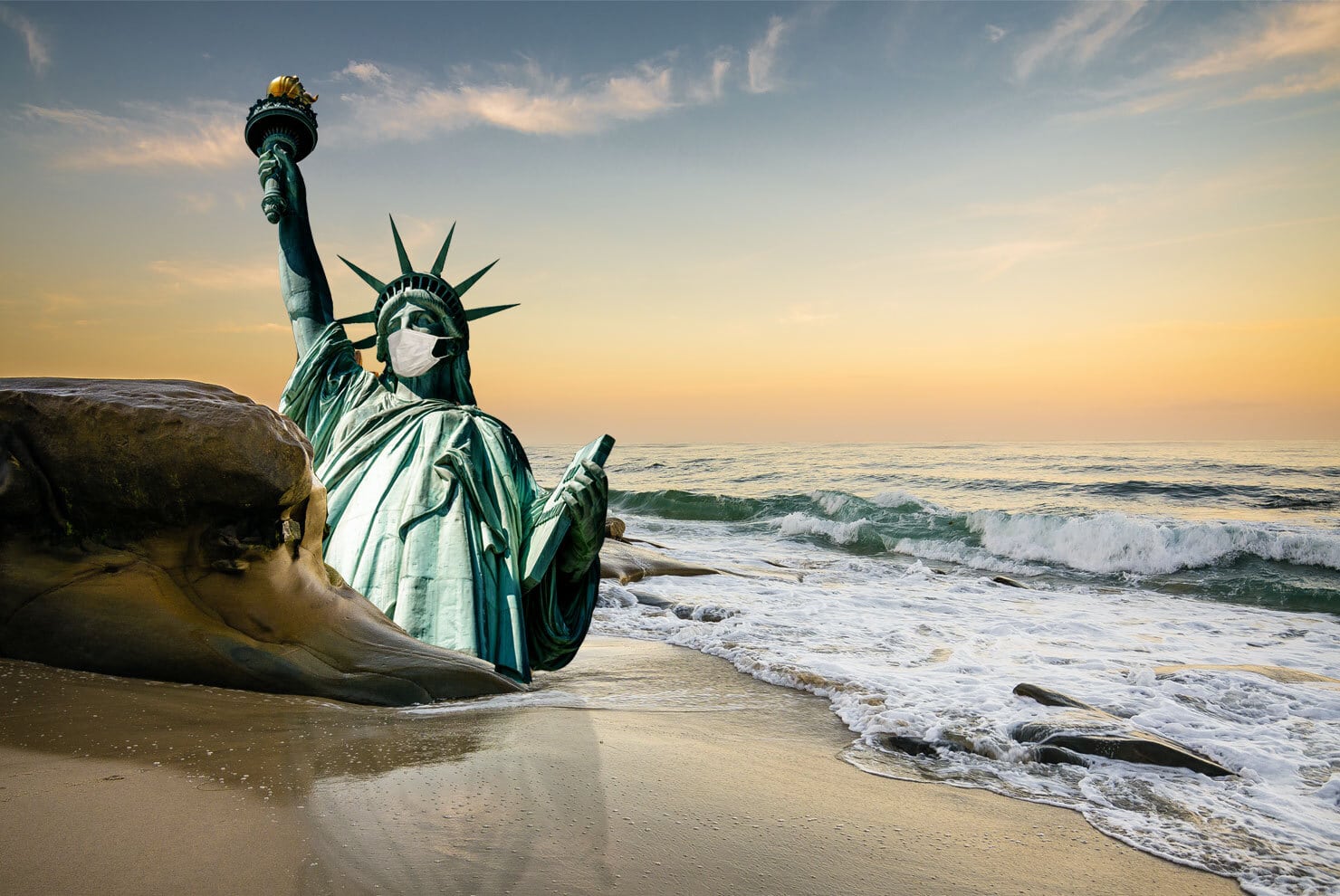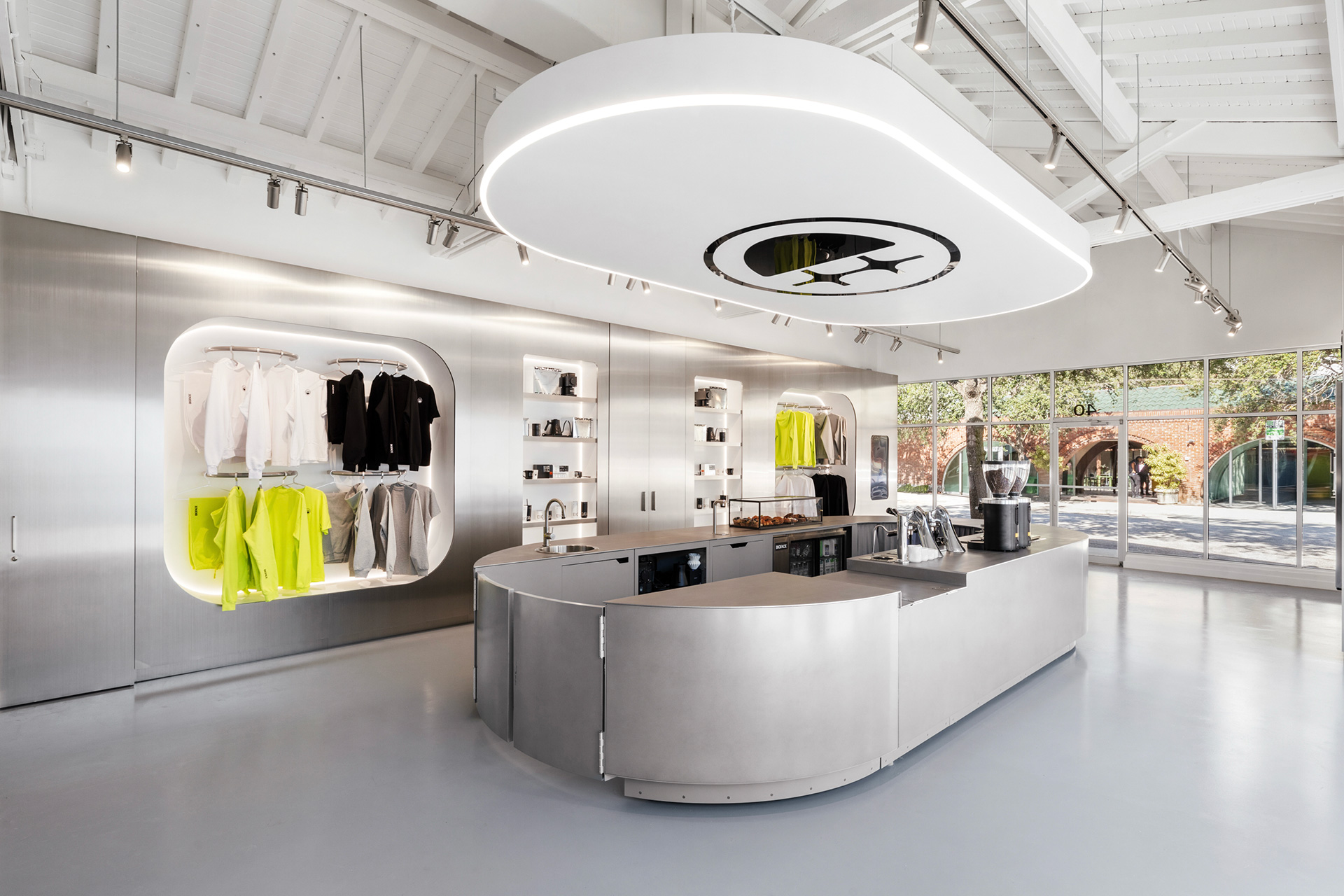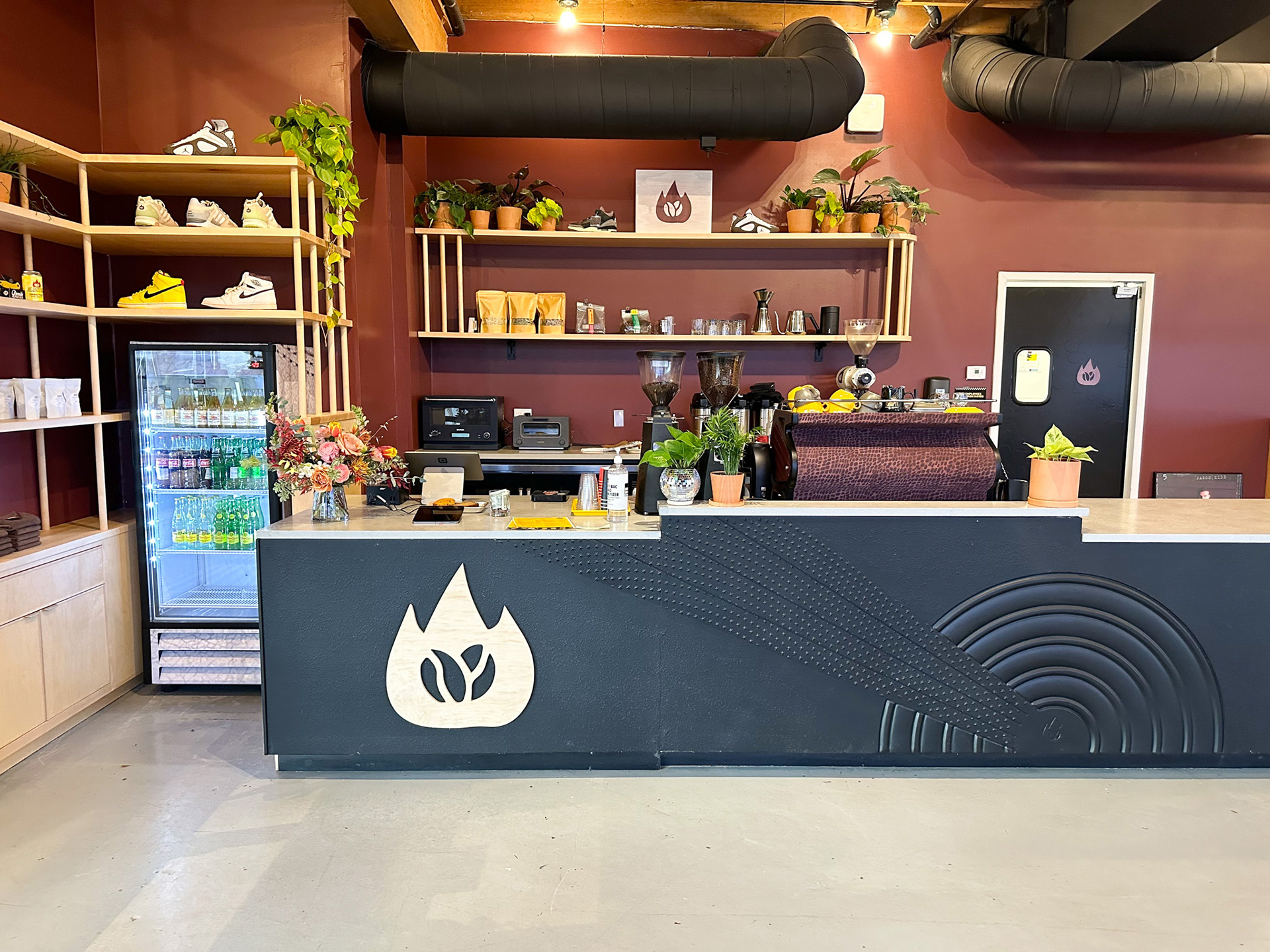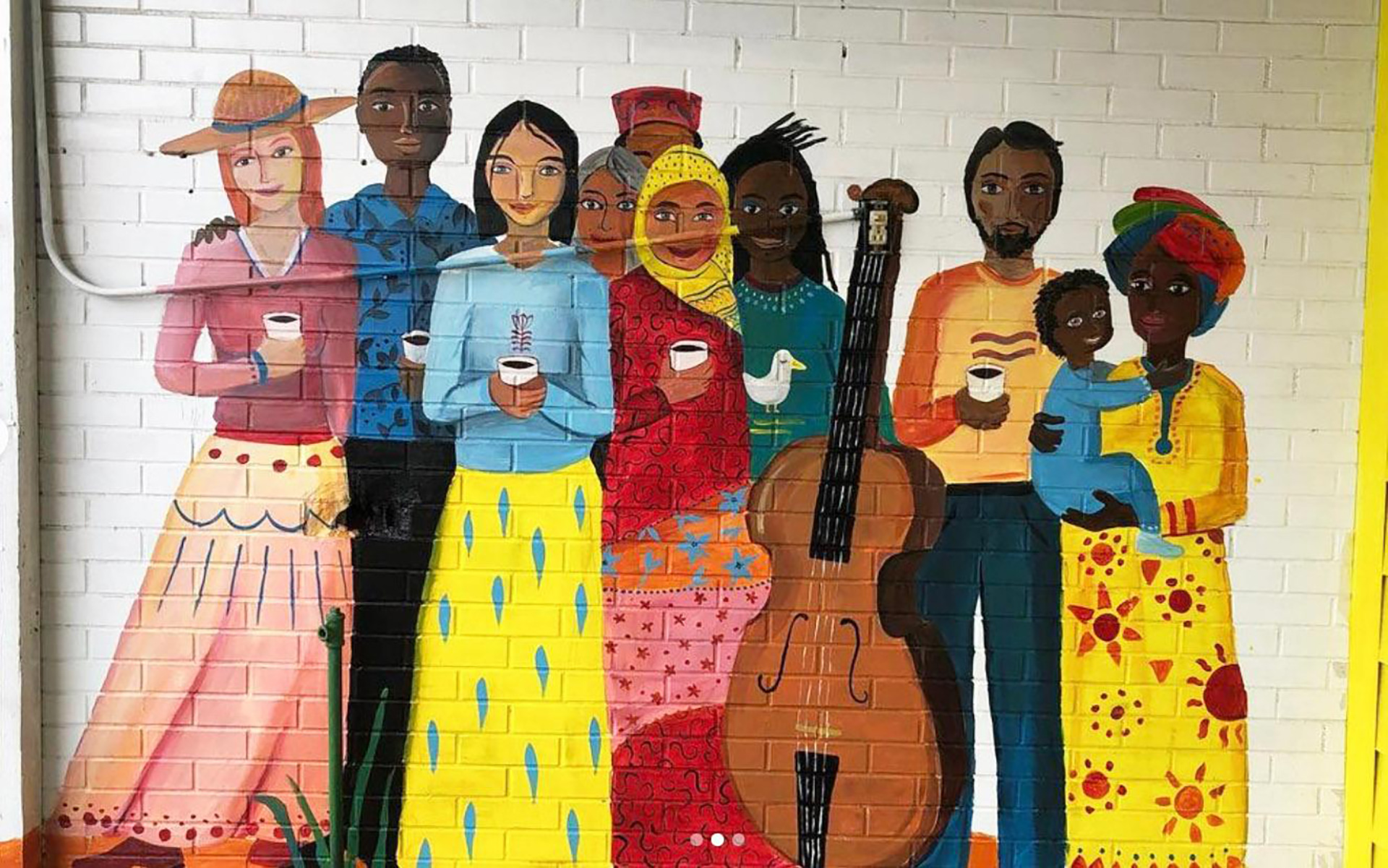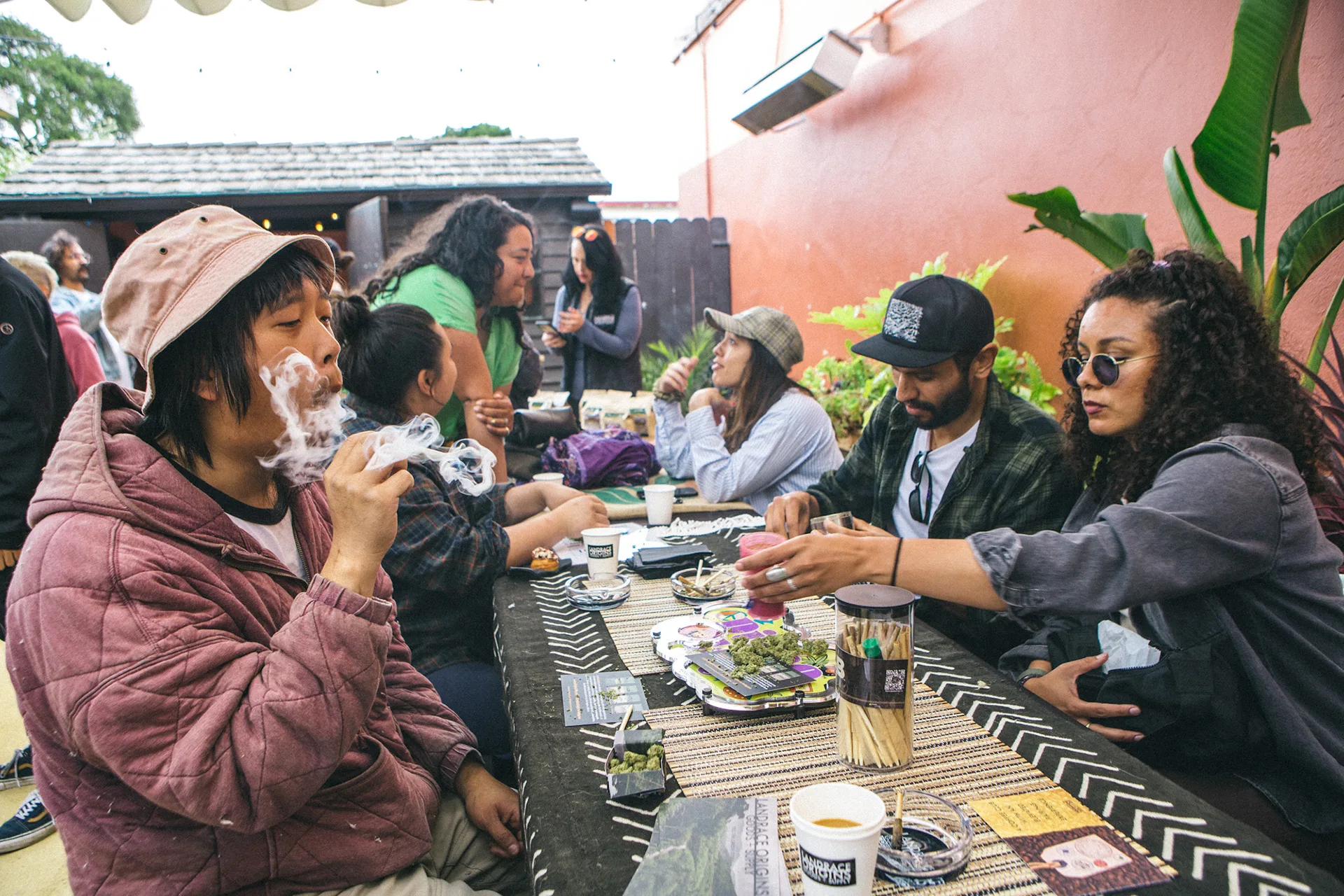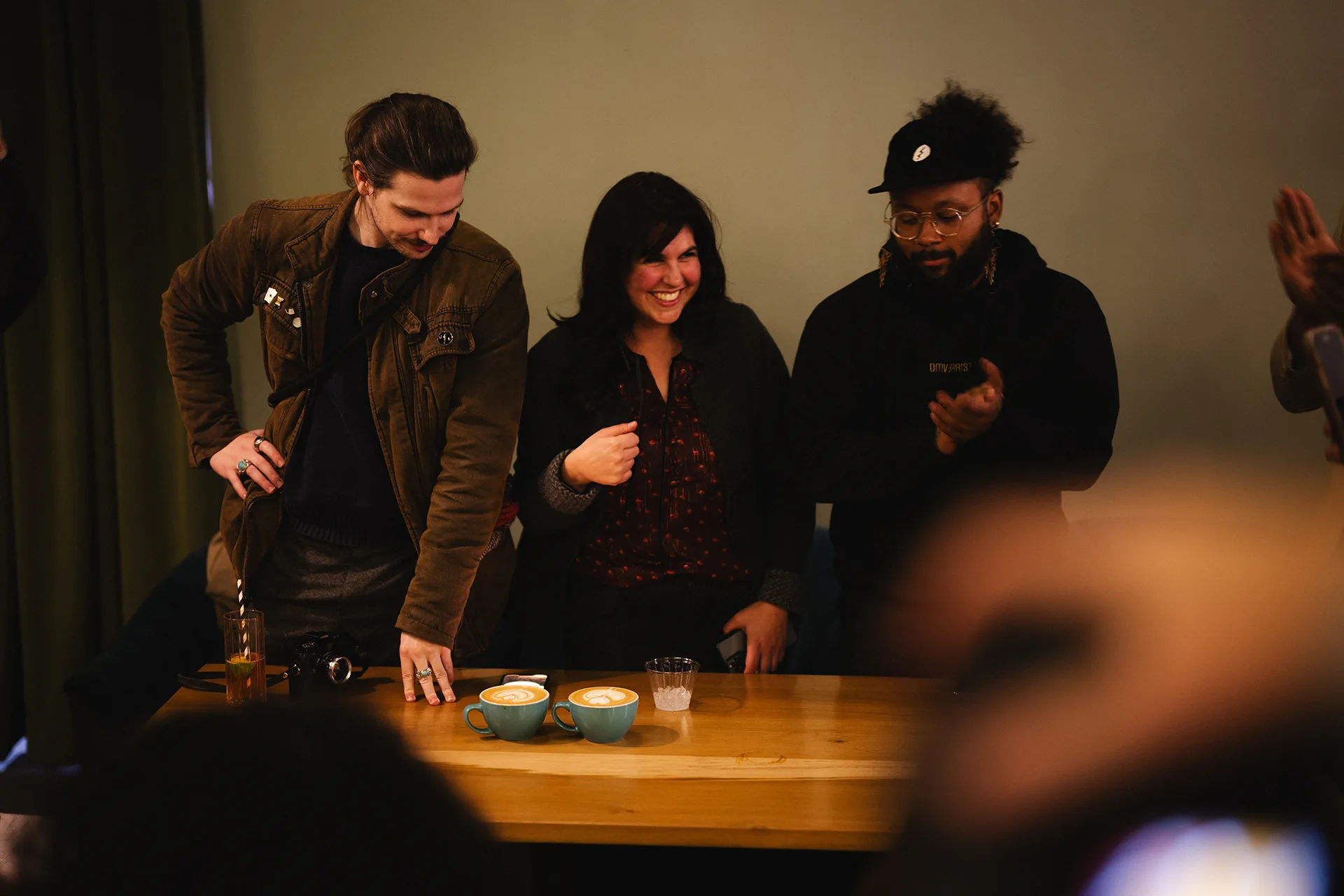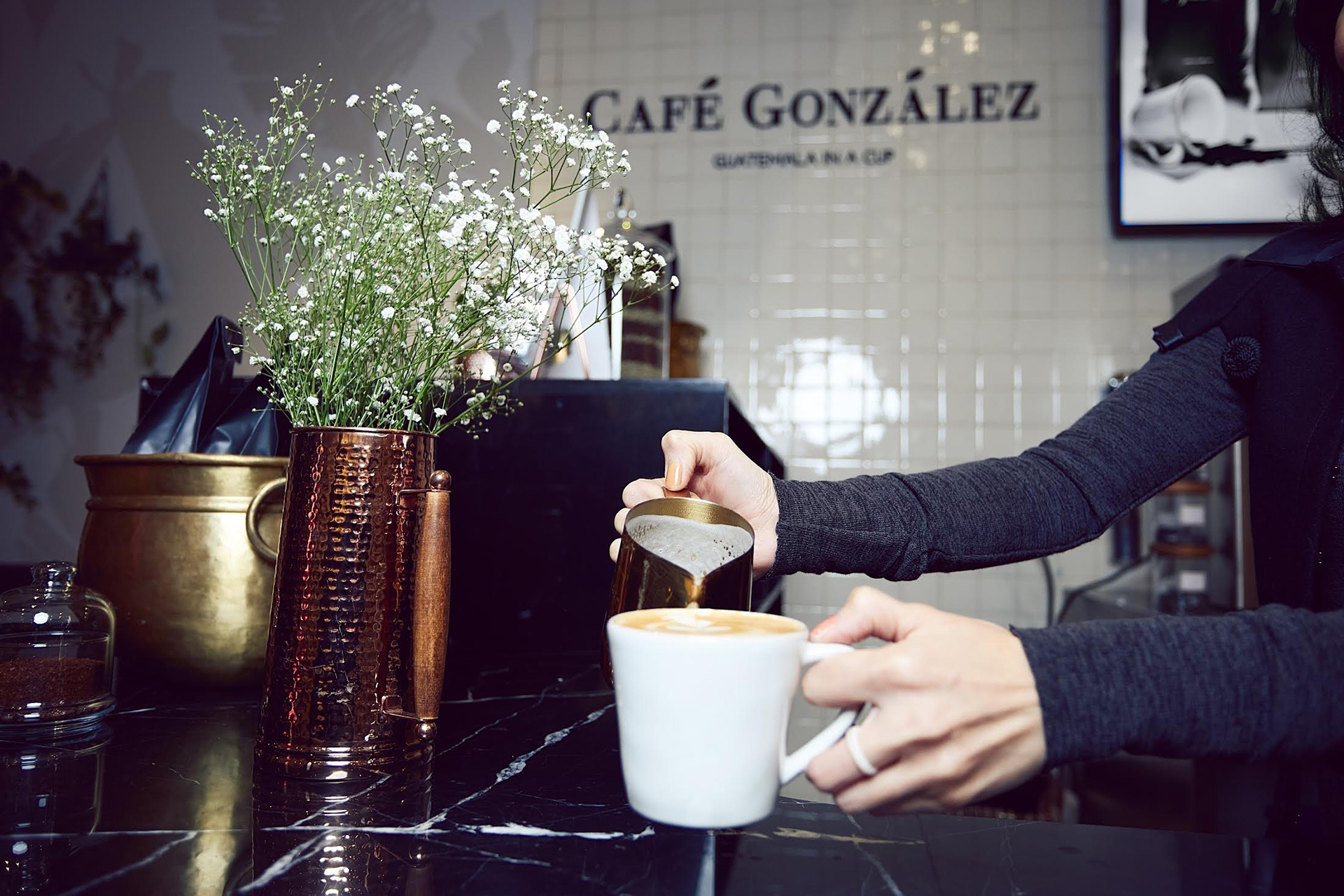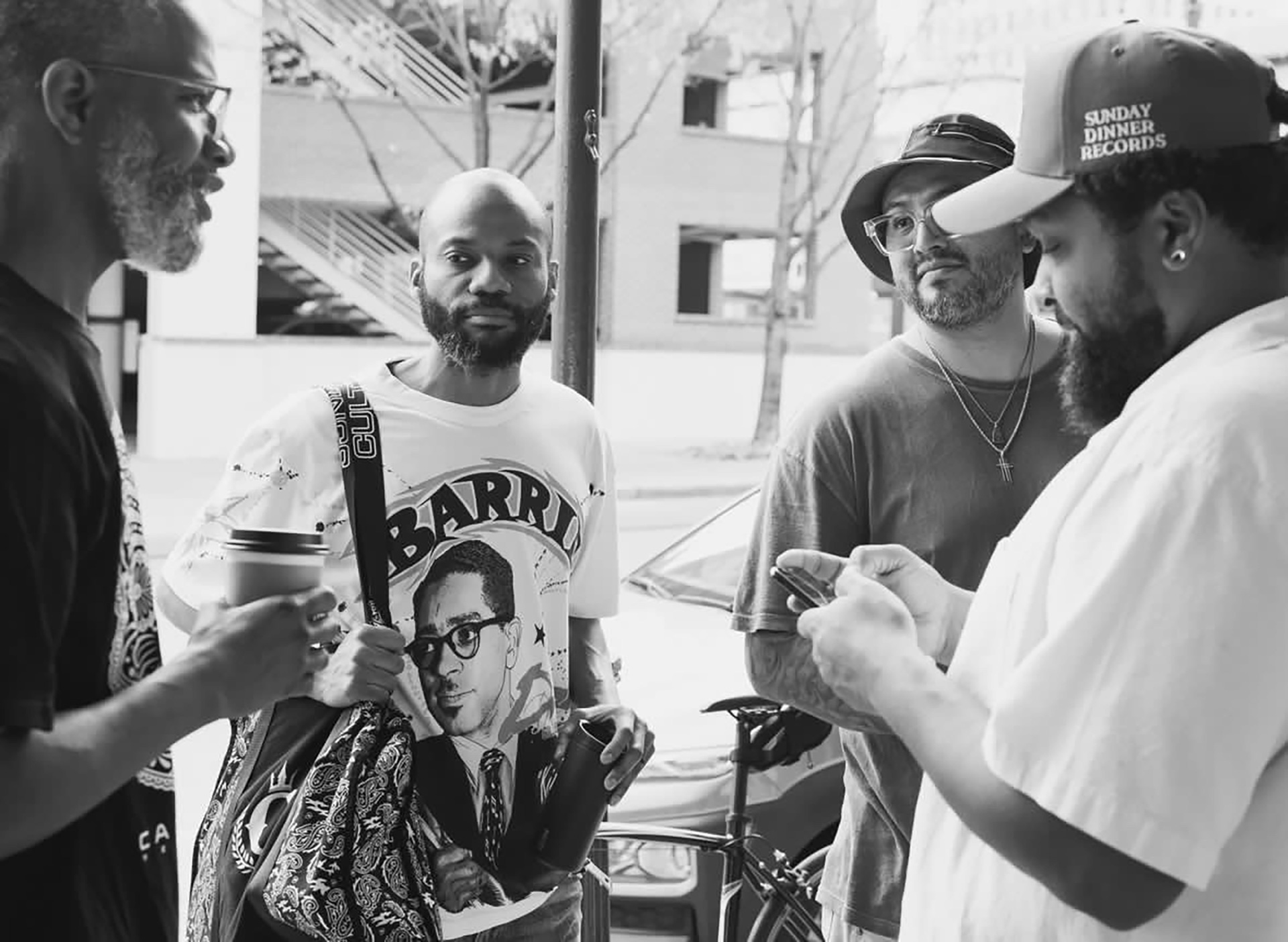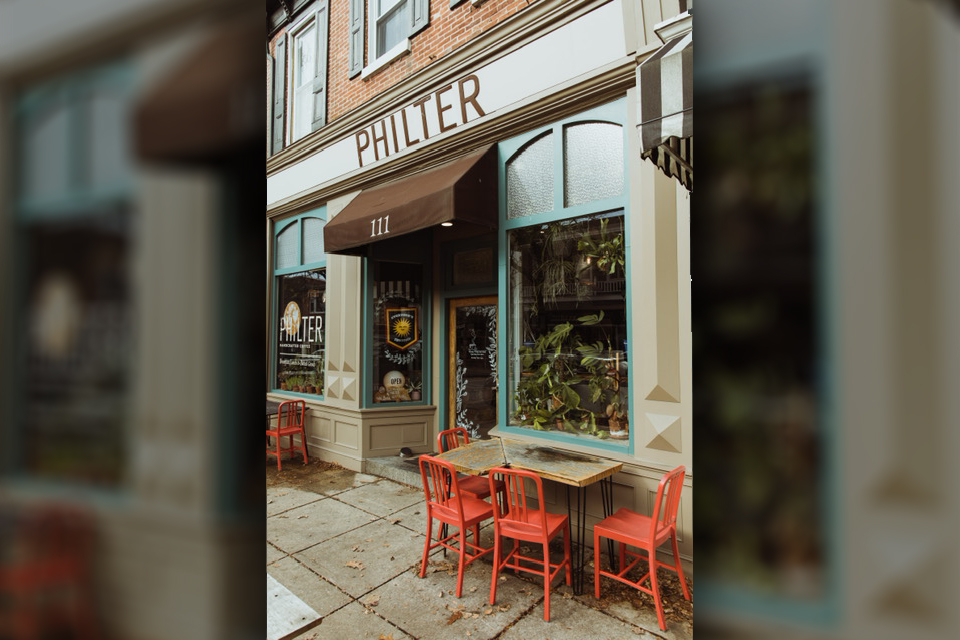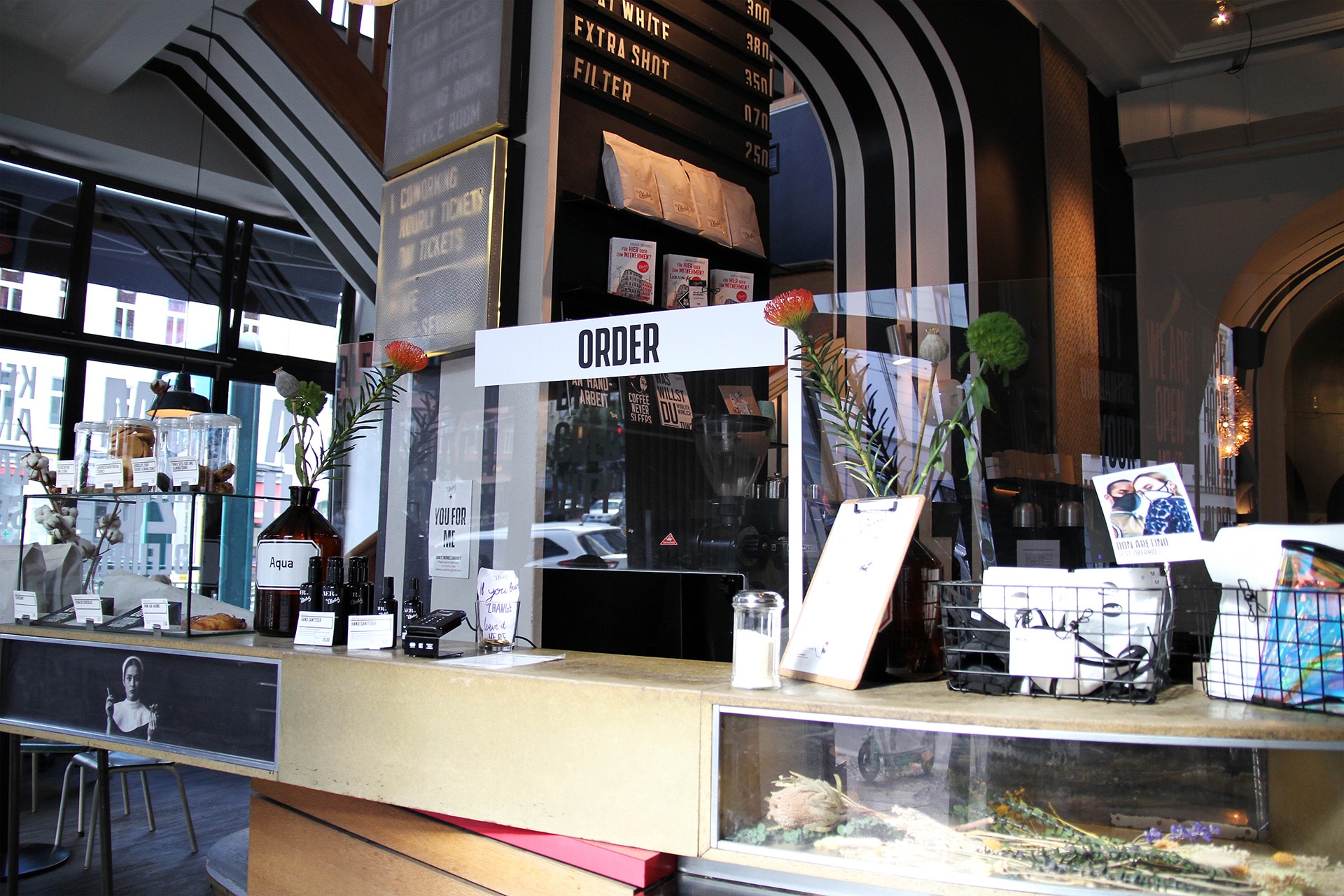
Berlin—a teeming metropolis, a wonderland of specialty coffee, a city about which Sprudge has published more than just about any other on the planet. Compared to many other cities, the German capitol managed to weather the storm of COVID-19 fairly well. The lockdown that began March 22 started a coordinated effort to care for the health of others, and Berliners have largely managed to step up to the plate, despite some snags.
This is a city of unending connections, and the shockwaves hit the coffee community hard. The new normal has put cafe operations under a spotlight, and forced local cafes to innovate, rethink, and evolve. We checked in with three top cafes to find out how they’ve adapted.
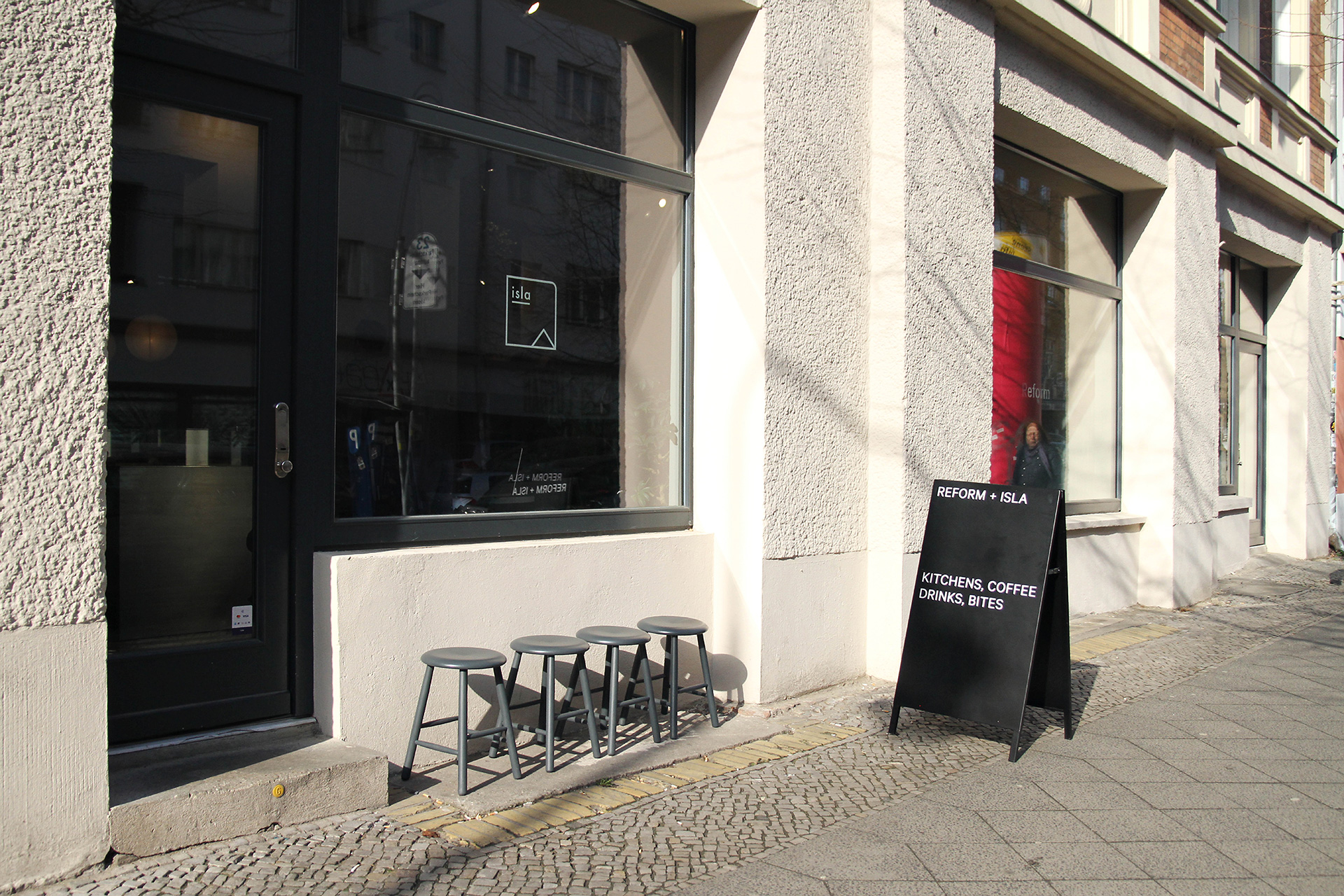
Isla Coffee
Isla Coffee had a tumultuous beginning. At the start of lockdown, they were mistakenly shut down because they share their address with a bar (bars were not allowed to remain open). While they were closed for two weeks, they restructured their cafe to only offer takeaway service and transformed into a storefront for essentials like milk, bread, eggs, cheese, and wine. Isla also partnered with a few other food businesses in Berlin to form Archipel, headed by Albatross Bakery. Archipel is a bike delivery service that delivers bread, wine, beer, cheese, and of course, coffee. The idea has been successful so far and is still going strong.
The changes that Isla has had to implement have greatly affected both customers and employees. Isla Coffee manager Peter Duran says the lack of floor service and a full kitchen meant that staff hours were reduced significantly—but that Germany’s unemployment insurance helped keep staff afloat. Along with reduction of staff, the cafe has had to make sure that there is enough space for everyone to maintain the 1.5 meter distance rule. Duran says, “We’ve removed tables to allow more space for in-house and takeaway customers, introduced menus and customer tracking via QR codes, and disinfect the daylights out of everything. Our team is legally required to wear a mask at all times, and our guests have to wear a mask when entering and moving within the cafe.”
In addition to the strict rules, Isla Coffee has experienced a change in clientele. Tourists are nowhere to be found, guests who would camp out to work at the cafe are no longer allowed to (internet has been cut off to ensure more turnover), and new customers show up to take advantage of the shop’s new essential kiosk-like offerings.
Since the start of COVID-19, the entire ritual of coffee culture has changed for everyone. Duran says Isla “has always been a pretty social place where friends and larger groups would meet regularly: local action committees, sports groups, etc. That is really missing right now. Also, due to the way we have to serve people at the moment, the way in which we engage with our customers has changed greatly. Exchanges are much more transactional, and less informational and jovial. It’s definitely a bit of a bummer in this regard.”
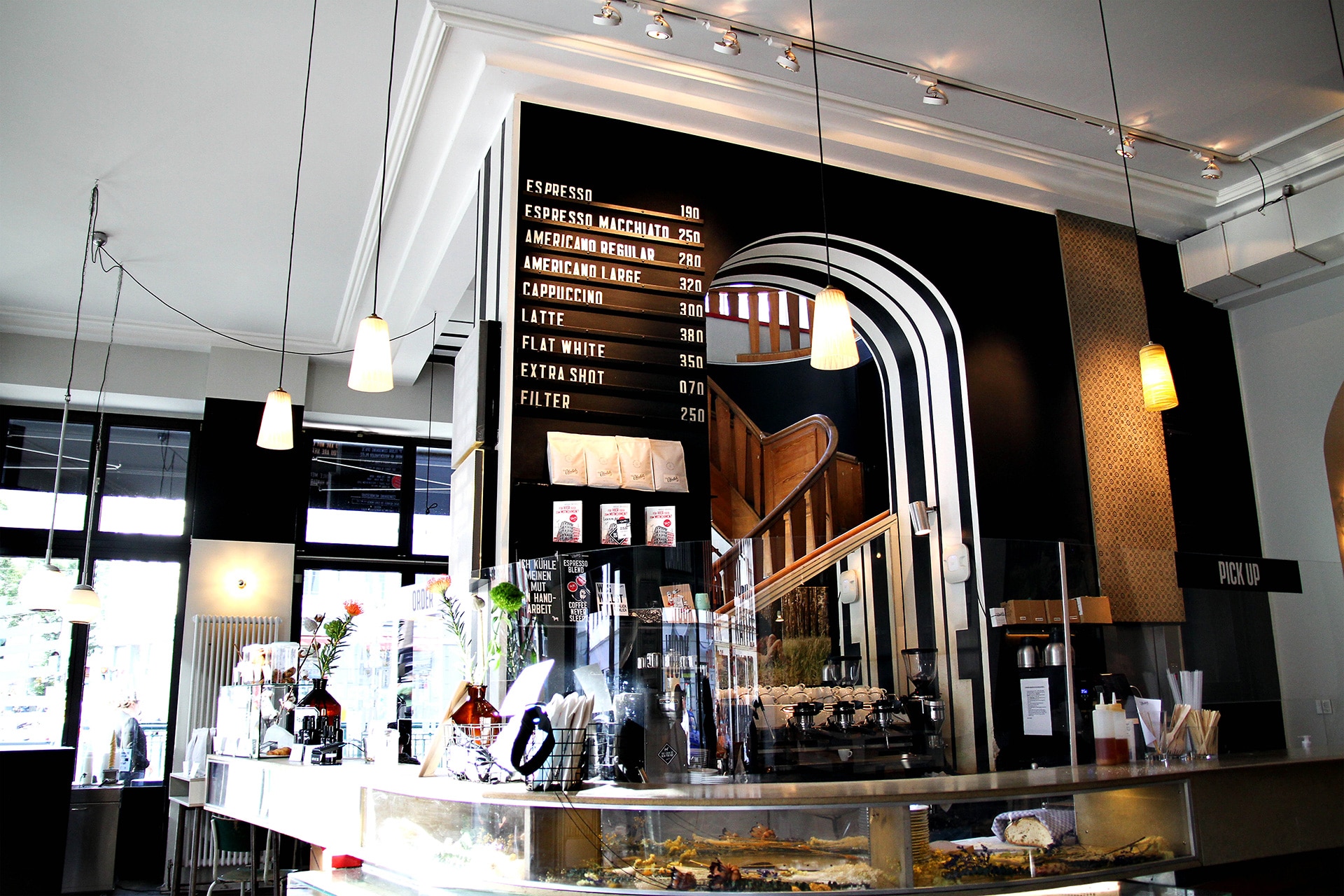
St. Oberholz
St. Oberholz is one of Berlin’s most popular cafe/coworking chains. With six locations in Berlin (and growing), the company has also had to adapt in its own way. Director of Product and Operations Sascha Wechsung says to try to keep things afloat during lockdown, St. Oberholz tried online events and Zoom hangouts for their community, along with a webshop offering their signature roast. In the end, however, they were happy to open again and offer guests “A place to meet, have a chat, have a coffee,” says Wechsung.
Luckily, the customers came back. Many cafes in Berlin were still reluctant to open their seating areas, so it was certainly a welcome opportunity for guests looking for the familiar cafe work environment. Like all other businesses, St. Oberholz also had to adhere to strict measures. Wechsung says, “We moved tables and marked safe spots to comply with spatial distancing guidelines. We also ask everyone to wear a mask and disinfect their hands when entering our facilities, we only accept card payments, prefer take-away cups, and have shields installed to protect our staff behind the counter.” Customers are also able to reserve a space in the cafe in advance, using QR codes.
In addition to the blanket COVID-19 restrictions, St. Oberholz has changed its structure somewhat. Wechsung notes that their Rosenthaler Platz location previously reserved the main floor for coworking customers only, but that those members have now been offered seats at more isolated nearby locations, allowing the Rosenthaler Platz branch to offer expanded space to the public, while still allowing coworkers access to the service. For the future, Weschung says, St. Oberholz will continue to adapt to the constantly updated measures and other factors living in the time of Corona.
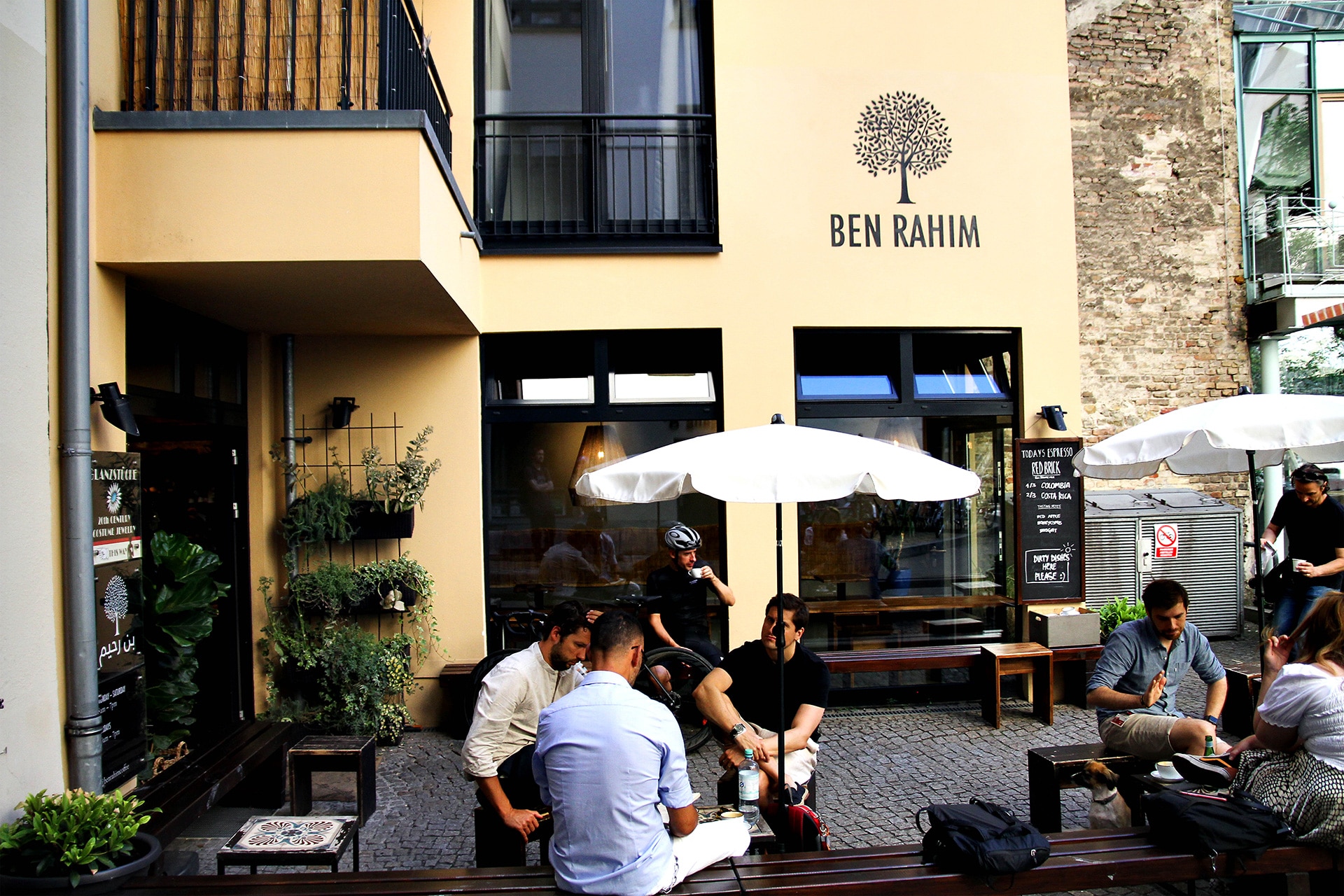
Ben Rahim
Located in one of the busiest and most touristic areas of Berlin’s center at popular Hackesche Höfe—a series of colorful tiled courtyards comprised of shopping, cinemas, and restaurants—beloved Ben Rahim is staying strong despite the pandemic. Like other cafes, they began to offer takeaway and delivery within the neighborhood during the lockdown. They also updated the menu to focus on fewer food items and even decreased prices in an effort to help customers who might’ve been financially affected by the pandemic.
When the lockdown was lifted, and since then, a change of clientele has taken place. The cafe’s eponymous Tunisian-born owner says, “We have of course less tourists, as we are in a tourist hot spot and used to have many tourists as customers before.” Rahim has noticed the return of many regular customers—after a little pause. “Some of them had been away from the city or working from home for a longer period of time,” he tells me, noting sadly that “Some of our international regulars seem to have left Berlin for good.”
Since reopening their indoor setting, Ben Rahim has implemented strict rules to protect both customers and patrons. Rahim requires staff to wear masks and wash hands regularly. They have also placed several hand sanitizers throughout the cafe for guests. When guests line up, there are signs on the floor marking safe zones adhering to the 1.5-meter distance rule, and masks are required. Contact tracing is in place—guests must volunteer their information—and for staff protection, bathrooms aren’t open for guests.
Despite these restrictions, things across the city feel as if they are improving. Tourism is open again for various countries, and Berliners are beginning to slowly and carefully enjoy the type of outings they took for granted before the pandemic. No one can say what even the near future holds in the times of Coronavirus, but the best one can do is prepare.
“This pandemic has shaken the ground we are standing on,” Rahim tells me. In this way he’s speaking for every cafe owner—in Berlin and around the world. “We focus on our planning now and always try to come up with a plan B for any scenario.”
Tatiana Ernst (@TatianaErnst) is a contributor based in Berlin. Read more Tatiana Ernst on Sprudge.












